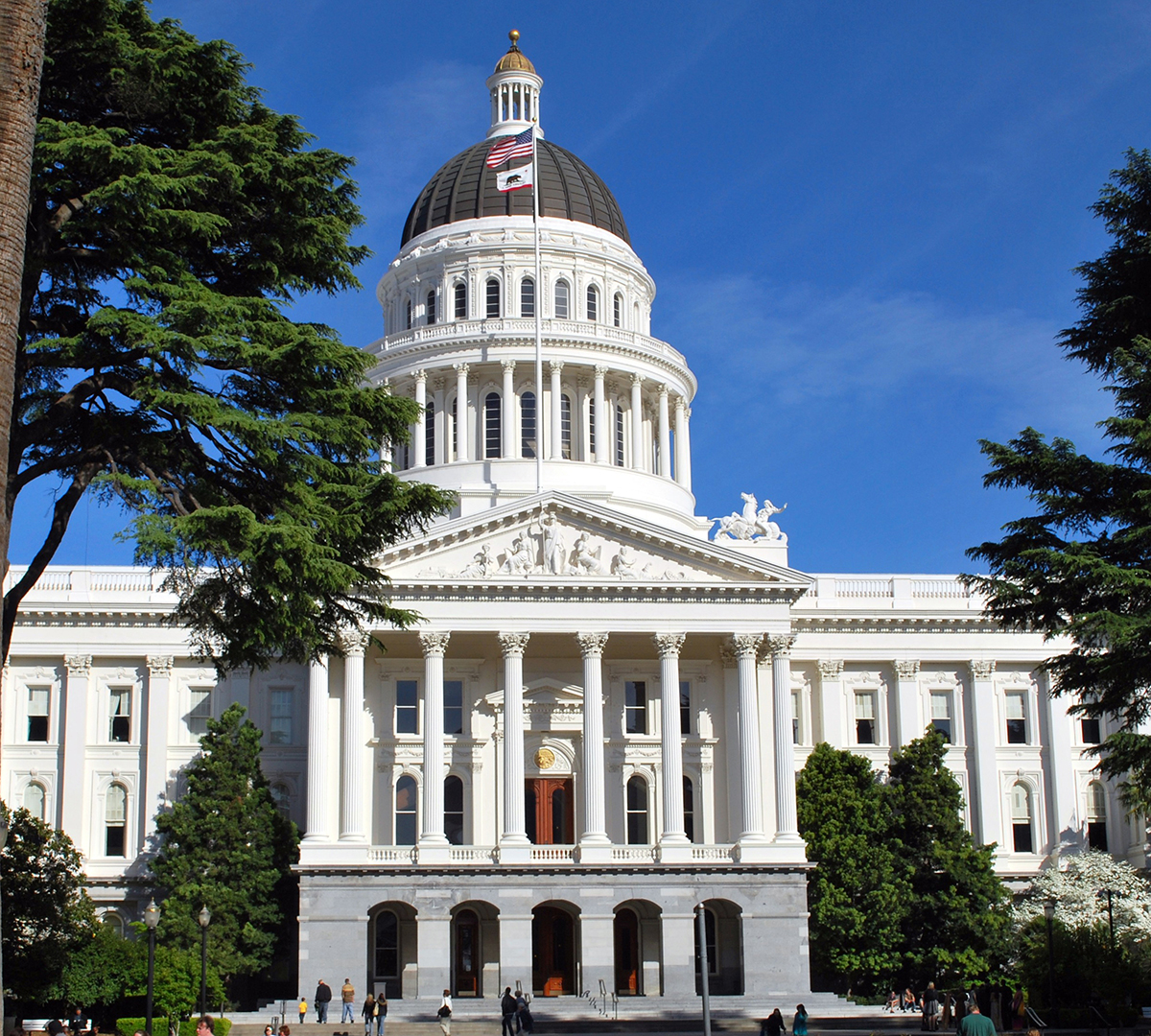Coincidentally, I found myself out and about that evening near the Capitol, going to dinner and then a show with friends. Ironically, there was a comic book convention that weekend at the convention center. The hundreds of strangely dressed people milling about downtown Sacramento that evening had no idea what was going on nearby.
I ran into several weary lobbyists seeking a few moments of refuge and a bite to eat. All agreed that the 2024 session was one for the history books, though not in a good way.
Media coverage focused on the 2024 session ending literally with a bang, in this case Asm. Bill Essayli banging on his desk and shouting about his voice being “silenced” by majority Democrats as the clock approached midnight.
With many bills awaiting a vote before the deadline, Democrats moved to limit debate to 30 seconds per speaker and were heavy handed with motions to cut off debate and proceed to votes.
In the last-minute hustle, measures that will have an extremely negative impact on the economy, such as AB 98, which would regulate new warehouse construction, was introduced in the final week of the session and received hardly a discussion in the rush.
Some of these antics are not new. In the past, debate would be limited in the final week of session, sometimes to two speakers in favor and two opposed, or speaking times would be trimmed from five minutes per member to two minutes. “Moving the previous question” is a common tactic on the last evening of session as Democrats try to rush through their bills and Republicans try to “run out the clock.” Gallagher is calling for a Rules Committee investigation into the incident.
Essayli was right to be frustrated but lost the moral high ground with a child-like outburst.
Two other flareups also dominated the coverage.
First, Democrats using heavy-handed tactics to prevent votes on legislation implementing recommendations of the California Reparations Commission. Reparations supporters loudly demanded lawmakers vote to “give them their check,” but the Assembly’s Democratic leadership shelved the bills over the objections of the bill’s author, Sen. Steve Bradford.
The other was the fight between the Assembly and Senate over legislation addressing high gas prices. The Senate wanted to vote that night, while the Assembly wanted more time to debate. Fights between the houses are nothing new. Every year, both houses take the other’s bills as “hostages” while disputes are resolved. Alas, the Legislature adjourned without a vote and a special session was called.
What is the common thread through all of these antics? After all, lawmakers resolved these issues far in advance of the last night of session, precluding the hostility and heavy handedness that we saw.
The thread – or really missing thread – was the absence of Gov. Gavin Newsom. As we discussed with Steven Greenhut on our “Next Round” podcast, Newsom was absent from the scene from just before the 4th of July, when he jettisoned the alternative retail theft ballot measure that he was pressuring lawmakers to vote on, as his attention turned to the campaign trail.
He re-emerged very late in the process, first proposing a new study bill on reparations to avoid votes on bills he would surely have to veto due to the state’s fiscal challenges, and then pushing for the gas prices legislation. This not surprisingly bristled some lawmakers. On reparations, his move sparked a backlash from supporters who felt they were used as political pawns, who called his move, “a complete betrayal.” On gas prices, Assembly members had legitimate concerns with its impact on supply and prices. Newsom’s last-minute return to try and twist arms certainly didn’t break the impasse or calm ruffled features.
Now comes news that Newsom has left the state again for a week’s worth of national campaigning. This likely means that his sudden re-interest in state politics is over for now. And it doesn’t portend well for the future of his gas prices legislation in the special session, despite several meetings with legislative leaders last week that seemingly thawed Senate President Pro Tem Mike McGuire’s strong opposition to even convening for a special session.
Tim Anaya is the Pacific Research Institute’s vice president of marketing and communications and co-author of the new PRI book, The California Left Coast Survivor’s Guide.

